ARTICLE AD BOX
By Dickens Olewe
BBC News, Nairobi
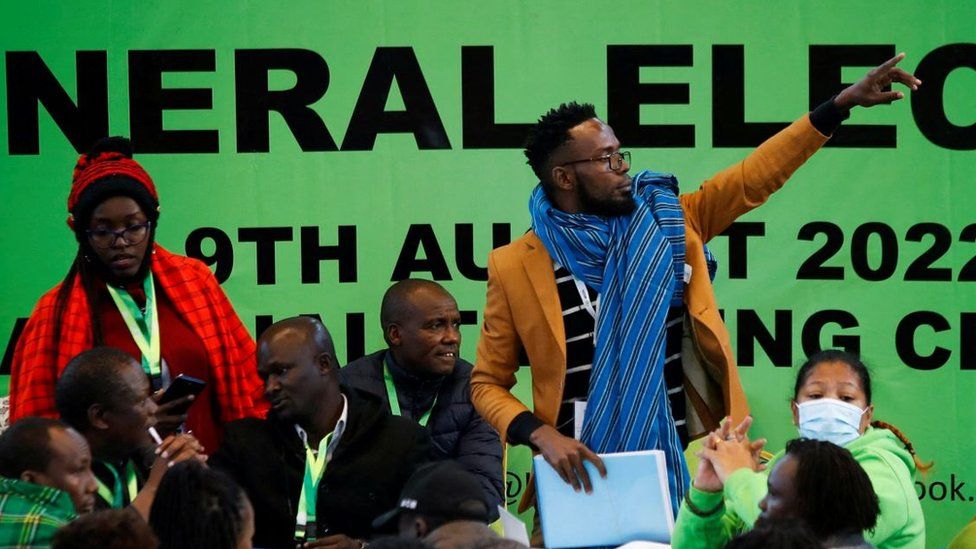 Image source, Reuters
Image source, Reuters
The verification of results has been stopped several times after complaints by supporters of the main candidates
Kenya's electoral body has limited access to the national tallying centre in order to speed up the process of verifying presidential results.
Anyone who is not a party agent, election observer or part of the media should leave the centre.
The verification of results has been stopped several times after complaints by supporters of the main candidates.
Confirmed results show former Prime Minister Raila Odinga has a slight edge over Deputy President William Ruto.
With 93 of the 292 constituencies declared, he has 52% of the vote against 47% for Mr Ruto.
However, provisional results tallied by media organisations using official data from the 46,000 polling stations show a tight race between the two candidates. About 14 million votes were cast - a turnout of 65%.
<?xml version="1.0" encoding="UTF-8"?>
Kenya presidential results 2022
In order to win in the first round, a candidate must get 50% plus one of the cast vote and at least 25% of the votes in 24 out of 47 counties.
Last updated: 08/13/2022, 18:09:04 local time (GMT+3)
Provisional results from IEBC
|
William Ruto |
51.1% 6,395,857 |
| William Ruto | 6,395,857 |
| Kenya Kwanza Alliance | |
| Votes: | 6,395,857 |
| At least 25% of county votes | 21/47 |
|
Raila Odinga |
48.2% 6,026,207 |
| Raila Odinga | 6,026,207 |
| Azimio la Umoja coalition | |
| Votes: | 6,026,207 |
| At least 25% of county votes | 19/47 |
|
George Wajackoyah |
0.5% 56,700 |
| George Wajackoyah | 56,700 |
| Roots Party | |
| Votes: | 56,700 |
| At least 25% of county votes | 0/47 |
|
David Mwaure |
0.2% 27,802 |
| David Mwaure | 27,802 |
| Agano Party | |
| Votes: | 27,802 |
| At least 25% of county votes | 0/47 |
|
Other Candidates |
0.7% 84,502 |
| Other Candidates | 84,502 |
The electoral commission has up to Tuesday next week to declare the winner.
"We have to make adjustments" to quicken the process of verifying results, the head of the electoral body Wafula Chebukati said in his latest briefing on Saturday.
"It's taking three to four hours" to process one each results from a single constituency, he said. "Some of our returning officers have stayed here for three days sitting on chairs which is totally unacceptable."
He announced that additional staff would help clear the remaining 124 poll officials, as well as give party agents copies of the remaining results forms which they can compare with those sent electronically.
Extra police officers have also been drafted in.
"We believe that this will fasten the process and we should be able to dispose of the returning officers in the course of today," Mr Chebubati said.
Media tallies of results from more than 46,000 polling stations - posted on the electoral commission's website - have caused some confusion in the country because the counts didn't match.
Officials denied claims on social media that fake results had been posted after the system hosting the results was hacked.
"Nothing like that has happened. It is misinformation," said the electoral commission's CEO Marjan Hussein Marjan.
What is happening at the main tallying centre?
Based at a cultural centre called Bomas in the capital, Nairobi, officials from the Independent Electoral and Boundaries Commission (IEBC) are busy verifying results.
Security has been enhanced at the venue and access to the compound limited.
Electoral officials are comparing photographs of result forms from more than 46,000 polling stations nationwide to physical forms being brought to centre by officials from each of the 290 constituencies.
This is to ensure that the results match.
Mr Chebukati had accused agents from the main parties, who are witnessing the process, of turning a straightforward exercise into a "forensic" one.
How are Kenyans feeling?
There is a sense of anxiety in the country as disputed elections in the past have led to violence or the whole process being cancelled.
Kenya's presidential vote: What scenarios to expect
Following the 2007 vote, at least 1,200 people were killed and 600,000 fled their homes following claims of a stolen election.
In 2017, huge logistical errors led the Supreme Court to annul the result and order the presidential poll to be re-run.
Officials are under pressure to get things right this time.
The country often grinds to a halt during elections, activities across the country have slowed and schools remain closed at least until next week on Monday. In Nairobi's central business district, the usually busy streets are mostly deserted.
Allegations of election rigging are as old as the country. It was part of politics even before multiparty elections were re-introduced in the 1990s, but the push for free and fair elections has never faltered.
After the violence that followed the 2007 election, political parties and activists argued for the use of technology instead of physical registers, which could be easily manipulated, to verify voters.
This year's election is the third time technology has been used but it has yet to deliver an election that has not been challenged in the courts.
When will we know the result?
It's unclear when the final results will be known, but the electoral commission has ramped up the verification of the results.
If there is a clear leader of the race, celebrations are likely to break out - but only the IEBC can make it official.
To win the presidential race in the first round, a candidate needs:
- more than half of all the votes cast across the country
- at least 25% of the votes cast in a minimum of 24 counties.
Otherwise voting goes to a second round which by law has to happen by 8 September.
Who is in the race to run Kenya?
Learn more about Kenya’s presidential candidates
Choose a candidate to view their bio
Raila Odinga
William Ruto
George Wajackoyah
David Mwaure
Raila Amollo Odinga
Azimio la Umoja Coalition
The basics
- Age: 77
- Nicknamed “Baba”
- Son of former vice-president
- Trained as an engineer in what was then East Germany
- Prime minister from 2008 to 2013 in the unity government created after post-election violence
- Formed alliance with ex-political enemy President Uhuru Kenyatta
- Four-time unsuccessful presidential candidate
Known for
- Championed multiparty democracy in the one-party era.
- Detained twice (1982-88 and 1989-91) as a political prisoner.
- Seen as a formidable campaigner able to draw large crowds.
Key policies
- Achieve double-digit economic growth through investment in small business and manufacturing sector.
- Provide affordable quality healthcare for all.
- Disburse $50 (£42) a month to two million needy households.
William Samoei Ruto
Kenya Kwanza Alliance
The basics
- Age: 55
- Worked as a street trader as a teenager.
- Has a PhD in plant ecology from the University of Nairobi.
- Served as deputy president since 2013 but fell out with boss President Uhuru Kenyatta.
- One of Kenya’s biggest maize farmers.
- Charged by the International Criminal Court over post-election violence – charges later dropped.
Known for
- Portrays himself as champion of the downtrodden.
- Coined phrase “hustler nation”
- Owns huge parcels of land but the source of his wealth is a subject of speculation.
- Praised as an effective agriculture minister from 2008-2010.
- Seen as a powerful orator and robust media interviewee
Key policies
- Give all Kenyans subsidised health insurance cover and a fee waiver for poor households.
- Allocate $420m annually to support small and medium-sized enterprises.
- Appoint a gender-balanced cabinet.
George Wajackoyah
Roots Party
The basics
- Age: 63
- Holds a masters in international development law from the UK’s University of Warwick.
- Says he has 17 university degrees
- Worked in police intelligence before he fled the country in 1990 to escape from torture
- Gained notoriety with eye-catching policies
Known for
- Lived on the streets of the capital as a child and was rescued by Hare Krishna worshippers
- Partner in a law firm he established in 2018
- Campaigns wearing a tracksuit, T-shirt and headscarf rather than a smart suit
Key policies
- Legalise the farming and production of marijuana for industrial and medical use
- Switch to a four-day working week from Monday to Thursday
- Invest in snake farming to extract the venom which can be exported
David Mwaure Waihiga
Agano Party
The basics
- Age: 65
- Practised law for more than three decades
- Also an ordained reverend
- Previously ran for MP, senator and county governor – losing each time
Known for
- Founded Agano Party in 2006
- Says he brings a “breath of fresh air” to the top of politics
- First expressed an interest in running for president in 2013
Key policies
- Set up an asset recovery agency under the presidency to recover stolen funds
- Slash income tax by half and get rid of it altogether for medics and police
- Give incentives to manufacturers and entrepreneurs to create jobs

 2 years ago
22
2 years ago
22
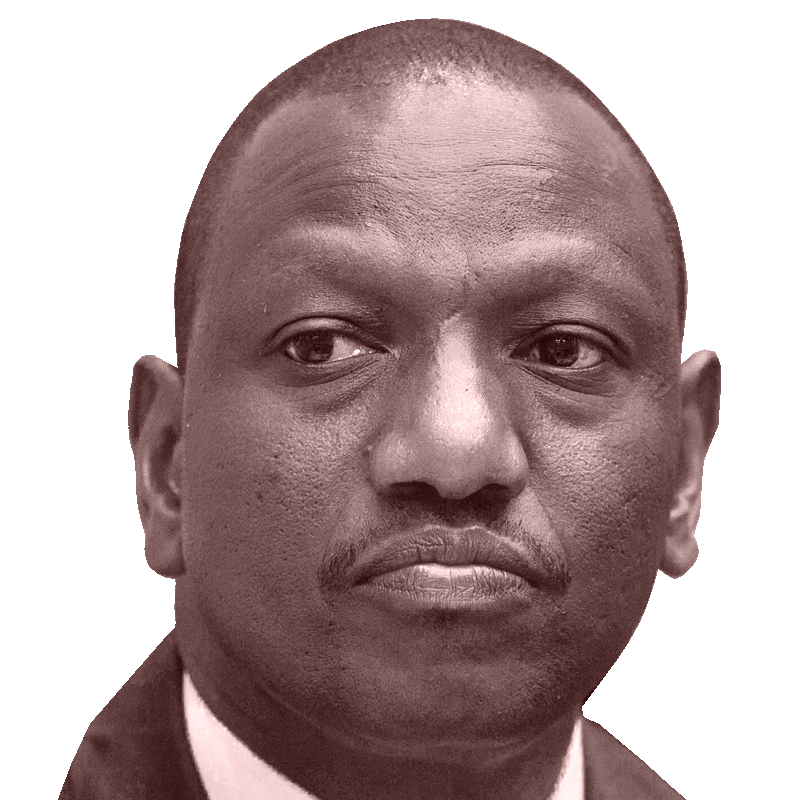
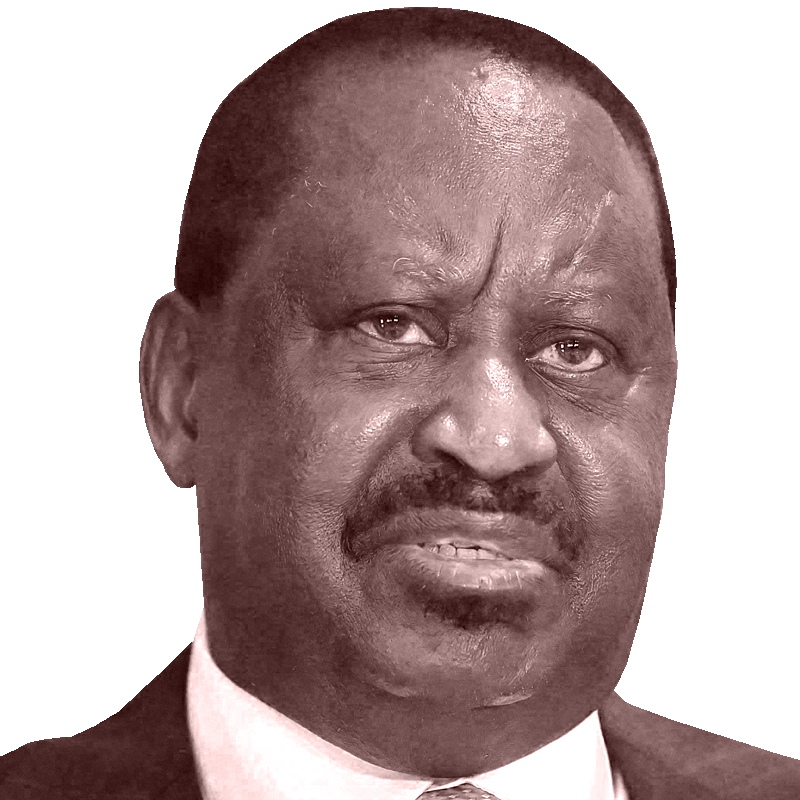
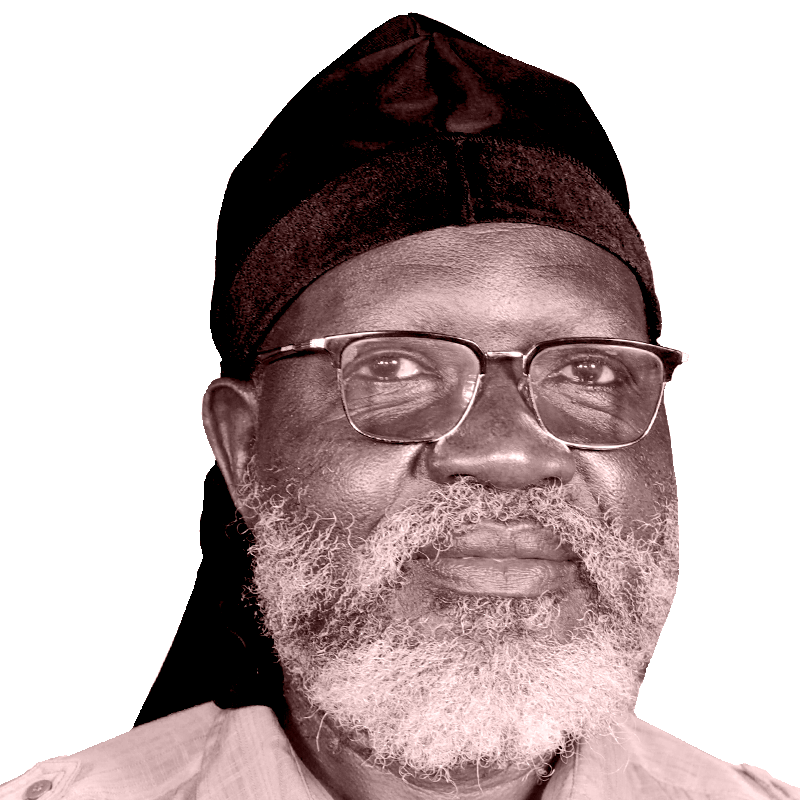
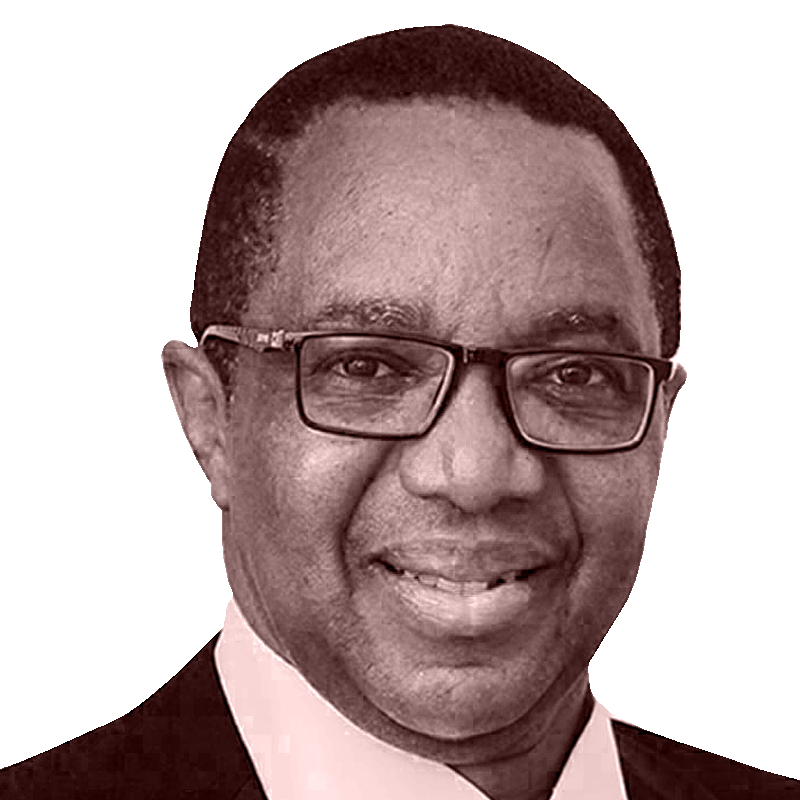
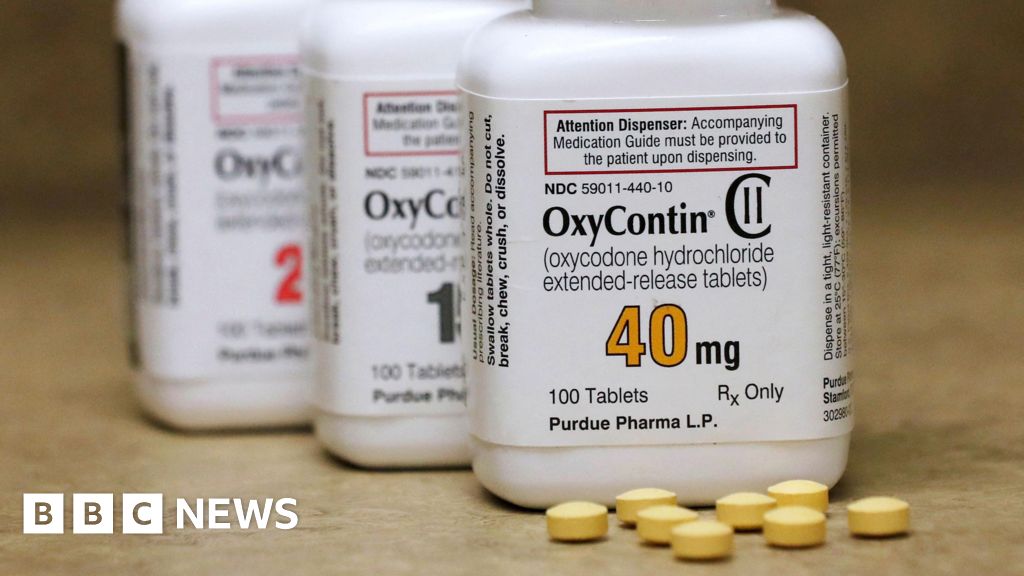
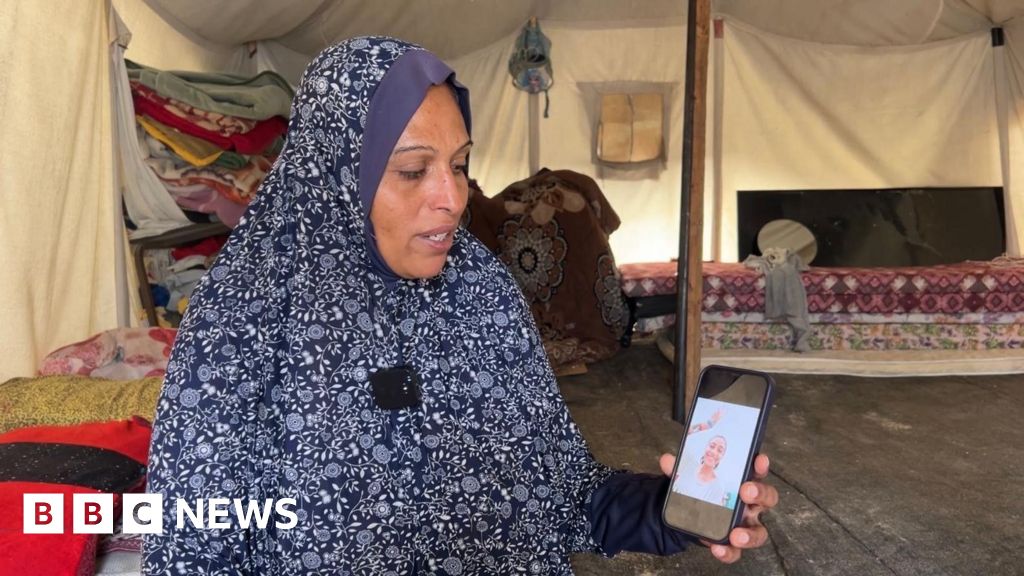
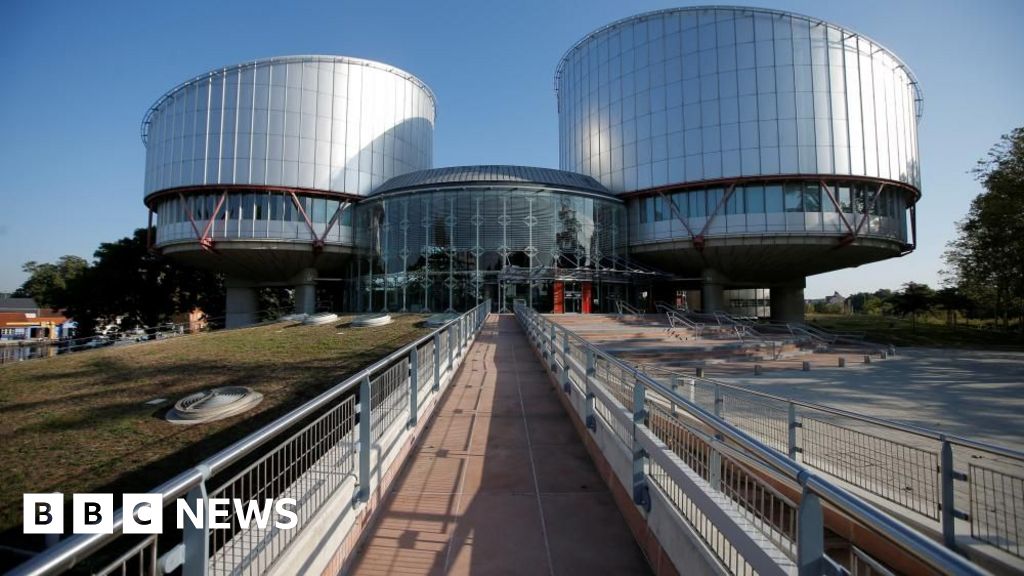





 English (US) ·
English (US) ·